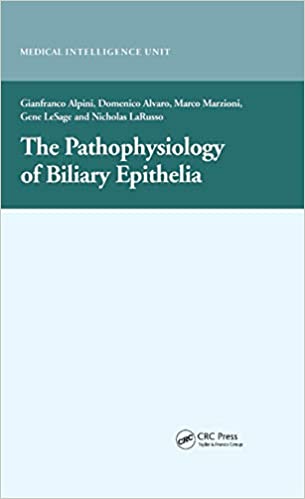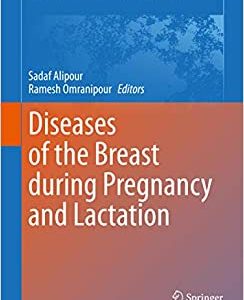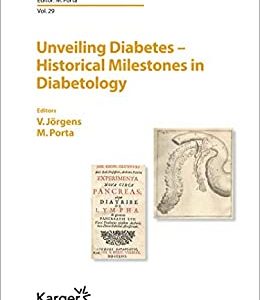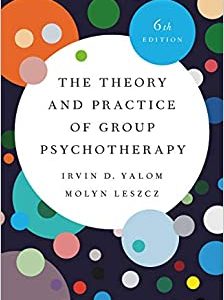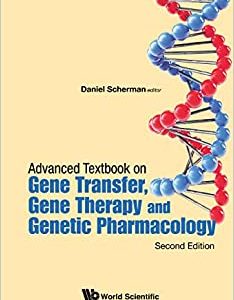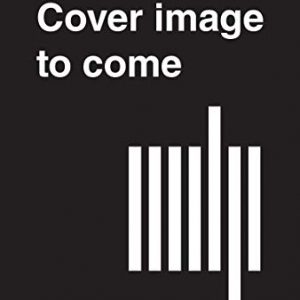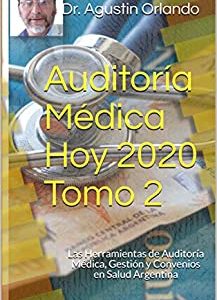The book’s 35 chapters represent a nearly complete review of the function and disease of bile ducts. The gestational development of bile ducts is shown to be a complex interaction between hepatocyte and biliary precursors. The structure of bile ducts can be defined by ultrastructural studies and by 3D reconstruction studies which show that the bile duct system resembles a tree. The array of membrane transporters and channels involved in ductal absorption and secretion of water and electrolytes is reviewed. Like other gastrointestinal epithelial cells, the physiologic responses of cholangiocytes are regulated by hormones, nerve input, cytokines, factors in bile and intracellular signals (e.g., cyclic AMP and intracellular calcium). The potential role of the cholangiocyte in production of collagen in cholestatic liver disease is discussed. A number of important models used in the study of cholangiocyte physiology and reactions to injury are reviewed. Finally the relationships between the cholangiocyte responses and human liver diseases are discussed.
While many basic scientists and hepatologists who devote their careers to the study of the liver will find this book useful, the intended audience of this book is the more heterogeneous group of individuals who study clinical and/ or basic science digestive physiology and due to their interest in epithelial function will find the cutting edge information in this book both enlightening and useful to their progression of their work.

